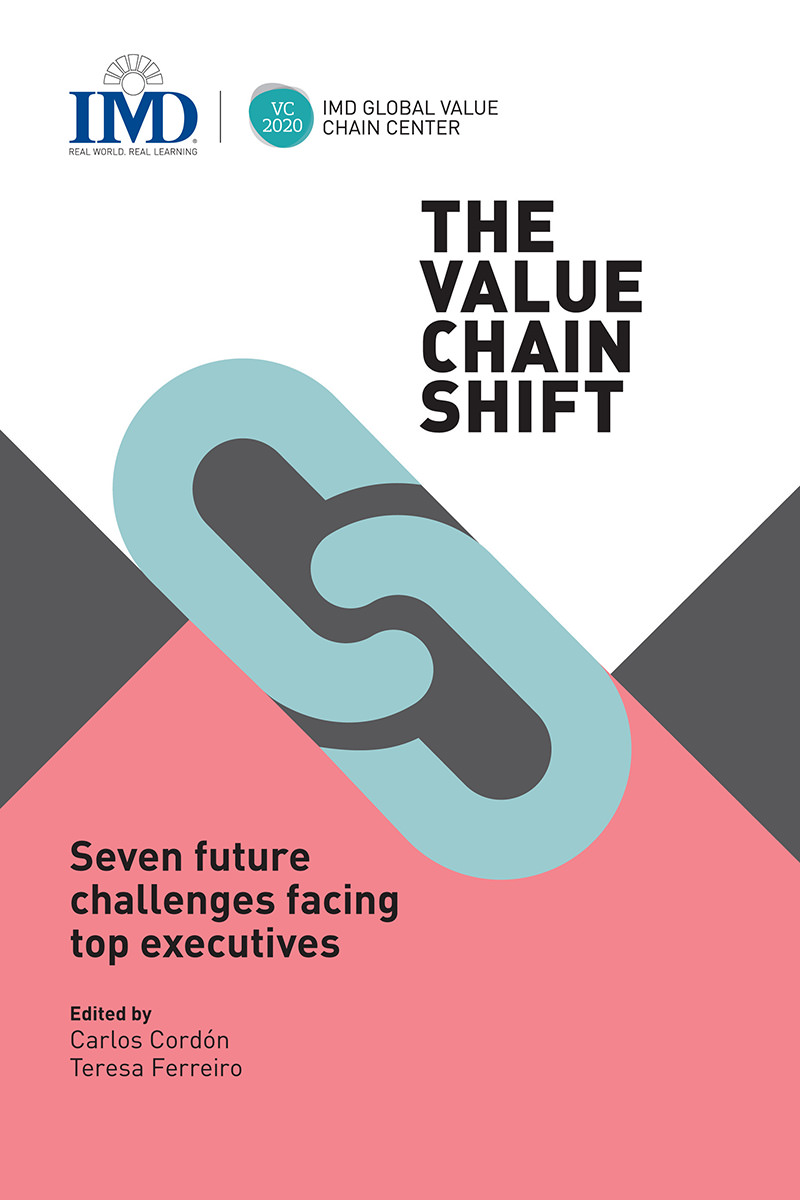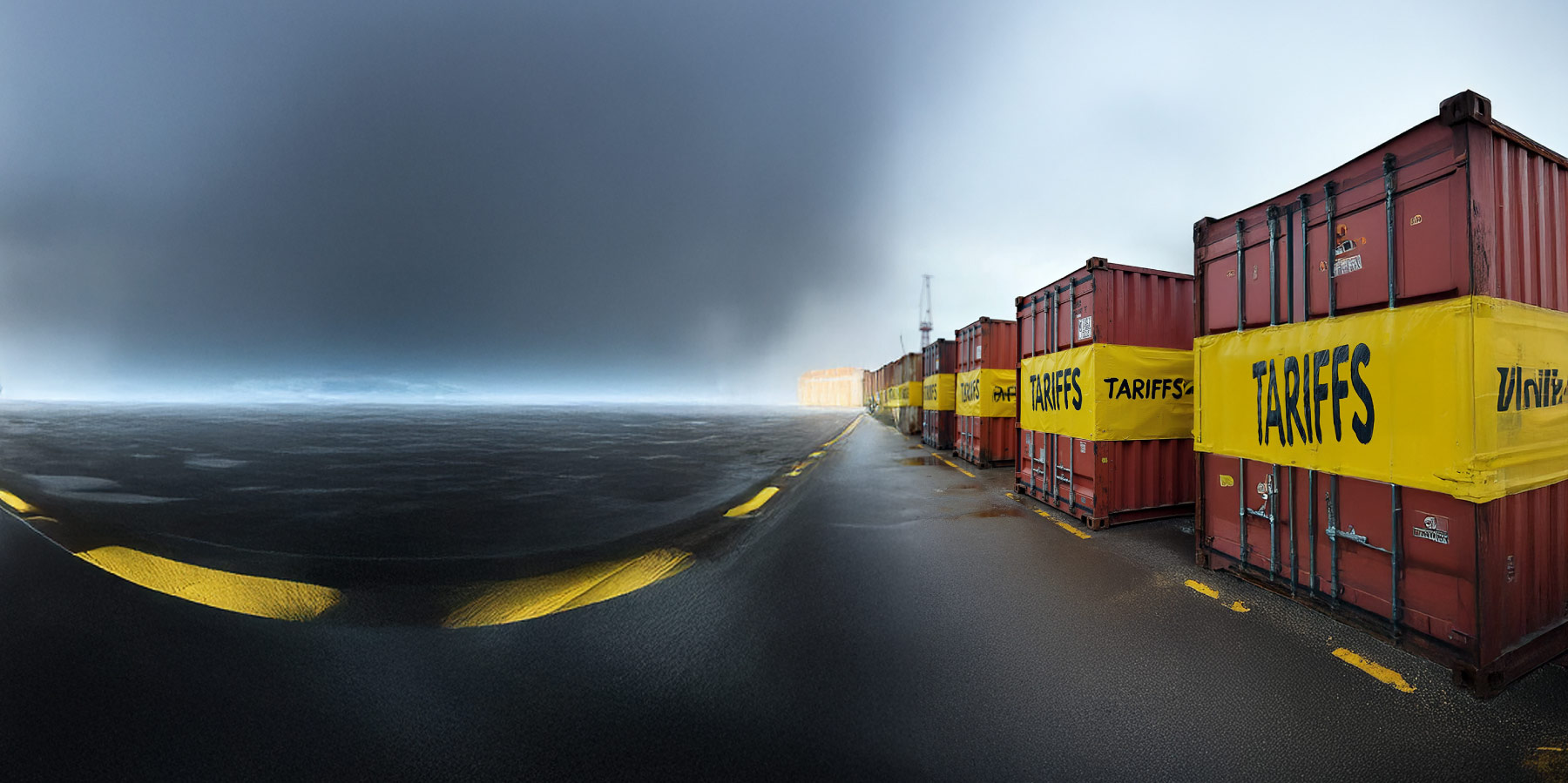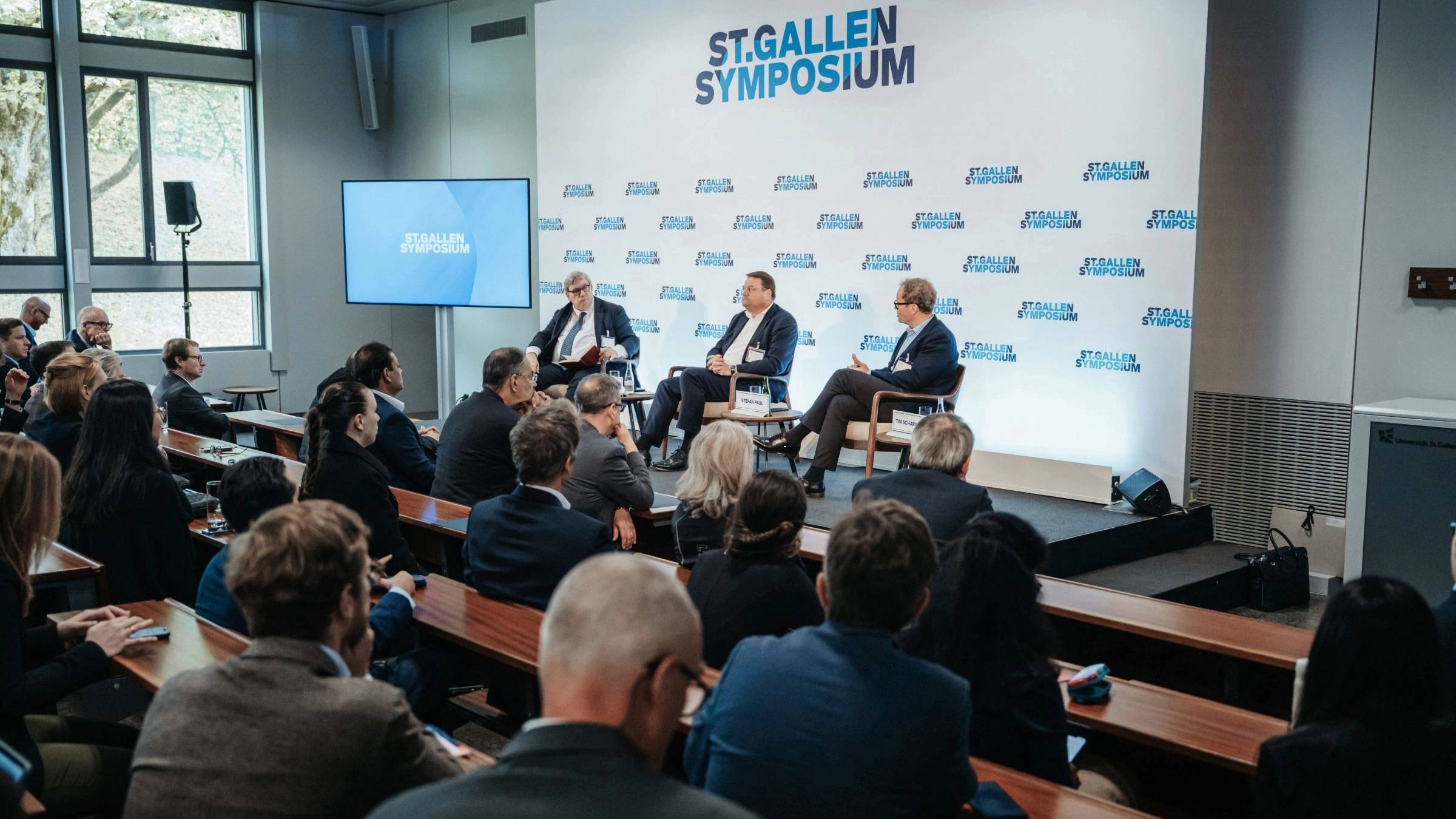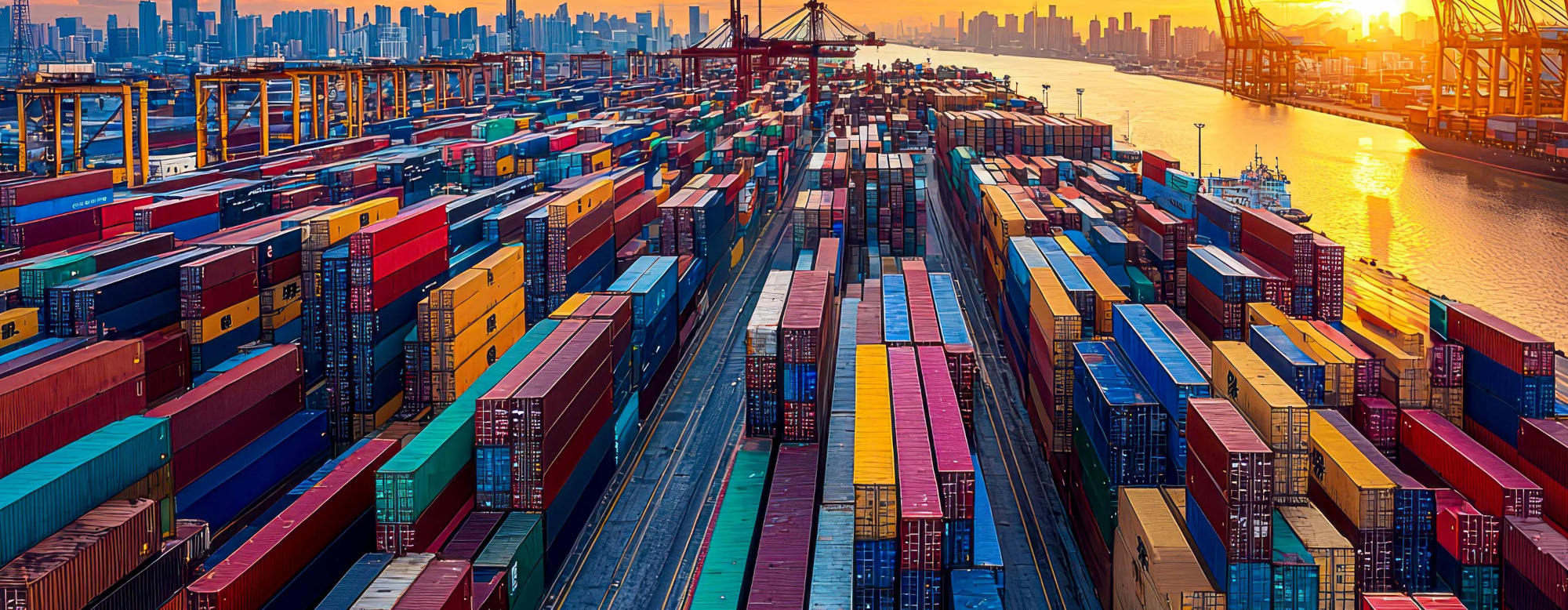The Value Chain Shift
Value chains today have a huge impact on multinational corporations’ right to exist and the way they compete.
The future challenges associated with value chains are also huge and include new demands from society, emerging-market strategies, resource scarcity, risk proliferation and other issues. Anticipating and addressing these future challenges are crucial if companies are to compete effectively.
IMD and several multinational companies created the IMD Global Value Chain Center (VC2020) in June 2011 to develop research about the future of value chains. This book summarizes some of the key findings from this two-year project.
Research Information & Knowledge Hub for additional information on IMD publications
- How speed affects risks, opportunities and new business models in value chain
- Measuring corporations' cost and contribution to society
- Optimizing IT-enabled processes and systems in the value chain: The role of governance
- Scale and speed: Traditional multinationals versus emerging market firms
- The organizational design shift
- The value chain shift: Seven future challenges facing top executives
- How speed affects risks, opportunities and new business models in value chain
- Measuring corporations' cost and contribution to society
- Optimizing IT-enabled processes and systems in the value chain: The role of governance
- Scale and speed: Traditional multinationals versus emerging market firms
- The organizational design shift
- The value chain shift: Seven future challenges facing top executives

You can also buy the book on Barnes & Nobles, Book Depository, Orell Füssli and Routledge.
in Cordon, Carlos, Ferreiro, Teresa / The value chain shift: seven future challenges facing top executives, pp. 107 - 119
Research Information & Knowledge Hub for additional information on IMD publications
in Cordon, Carlos, Ferreiro, Teresa / The value chain shift: seven future challenges facing top executives, pp. 27 - 41
Research Information & Knowledge Hub for additional information on IMD publications
in Cordon, C. (Ed.); Ferreiro, T. (Ed.) / The value chain shift: Seven future challenges facing top executives, pp. 73-88 / Lausanne: IMD, 2014
Research Information & Knowledge Hub for additional information on IMD publications
in Cordon, Carlos, Ferreiro, Teresa / The value chain shift: seven future challenges facing top executives, pp. 59 - 71
Research Information & Knowledge Hub for additional information on IMD publications
in Cordon, Carlos, Ferreiro, Teresa / The value chain shift: seven future challenges facing top executives, pp. 89 - 106
Research Information & Knowledge Hub for additional information on IMD publications
Published by International Institute for Management Development ©2014
Research Information & Knowledge Hub for additional information on IMD publications
For multinationals in the West, emerging markets represent both a growth story and, increasingly, the need for a pre-emptive strategy. Why? Because...
The impact of speed on risks and opportunities is tremendous. While higher speed increases costs, it can also reduce risks and increase business o...
Prior to the 2008 crisis, it was an (almost) universally held belief that business should be conducted for the benefit of shareholders. Governments...
Over the past years, organizations have evolved from being very independent and internally focused to becoming part of an ecosystem that includes t...
The supply chain risk management literature differentiates between disruption risk that arises from supply disruptions to normal activities and recurrent risk that arises from problems in coordinating supply and demand in the absence of disruption...
The US deal granting it future revenue and access to Ukraine’s mineral sector raises a broader question: is this the beginning of a model for American foreign policy, one that links strategic resource access to long-term diplomatic and financial c...
Multinational businesses are recalibrating their global supply chains, with one eye focused firmly on Washington. As the Donald Trump administration reignites the use of tariffs as a blunt instrument of economic leverage, so-called “friendshoring”...
During the industrial era, companies were the primary forces behind wealth creation, generating value for shareholders, creating employment, and benefiting consumers and communities. Consequently, management studies centred on corporate strategy, ...
Research Information & Knowledge Hub for additional information on IMD publications
Research Information & Knowledge Hub for additional information on IMD publications
Research Information & Knowledge Hub for additional information on IMD publications
in Production and Operations Management June 2025, vol. 34, issue 6, https://doi.org/10.1177/10591478241302735
Research Information & Knowledge Hub for additional information on IMD publications
Research Information & Knowledge Hub for additional information on IMD publications
Research Information & Knowledge Hub for additional information on IMD publications
Research Information & Knowledge Hub for additional information on IMD publications
in California Management Review Insights Blog 2 May 2025
Research Information & Knowledge Hub for additional information on IMD publications
Research Information & Knowledge Hub for additional information on IMD publications
in I by IMD
Research Information & Knowledge Hub for additional information on IMD publications








